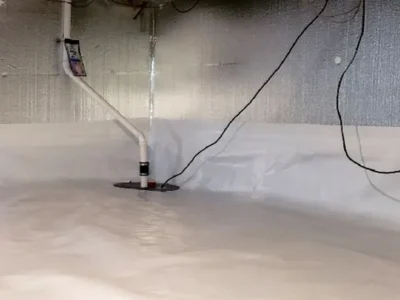Many supervisors encourage their workers’ workaholism. They feel that people who work hard all day long trigger awesome business results. In truth, a lack of rest throughout the working day is harmful to one’s health and delays rather than speeds up the completion of duties.
Even brief micro-breaks of a few minutes can boost energy levels and decrease burnout. This improves attentiveness and reduces stress over time.
So, how you can usefully relax during a break, we will tell below.
Do a self-massage
Of course, it would be perfect if you had a break for several hours and could go for a full-fledged aromatherapy massage. Make it a habit to visit the massage parlor after work, and while you have only half an hour, do a self-massage. Don’t rush and try to carry out all movements along the massage lines, that is, in the direction of the movement of the lymph. Or try the kneading technique – gripping the skin along with subcutaneous fat and muscle. The purpose of kneading is to get to the muscles. It is also a good idea to study where on your body there are important points that regulate the functioning of the body. Knowing them will make things easier. Some areas should be pressed harder, while others should be protected from strong pressure.
Move
Many experts suggest not thinking about work during the break and entirely distracting from it.
At this time, it is preferable to walk around: go down and up the stairs multiple times, take a walk in the fresh air. Walking will help you focus your thoughts and boost your creativity. Whatever you do, just warm up. If you incorporate movement, a five-minute break might be even more helpful than a half-hour break.
Chat with colleagues
Instead of staying at work during the break, go for a stroll with your coworkers. Discuss things that interest you with them. This will assist in relaxing, distracting from work, and providing an opportunity to obtain fresh knowledge on any relevant concerns. Such communication helps to develop workplace connections and can be beneficial to your career.
Write down your thoughts and ideas
If you still don’t want to go anywhere during the break, take a piece of paper or a notepad and jot down your thoughts. As a result, you will be liberated from them and will be able to analyze your actions more objectively. Make notes on a sheet of paper about your intentions if you have a large assignment ahead.
Another way to distract is to take an interesting book and read it. It has been proven that reading is sometimes better at relieving stress and tension than walking and music. You get distracted, calm down and forget about work problems.
Take a nap
The Ostrichpillow company sells pillows in a range of forms and sizes that, according to the designers, boost your emotional, physical, and psychological well-being, bringing you absolute peace. Each has memory foam inside that conforms exactly to your body parts. There are calming eye patches that aid sleep through pressure, as well as neck and head travel pillows. There are also office-specific cushions that, due to their design, allow you to entirely separate yourself from the outside world and have a decent lunch break.
Why is it important to “disconnect” during work
Breaks have been proven to prevent so-called decision fatigue. Because of it, we stop delving into the essence of the work, we go along the path of simplified decision-making and postponing things. In the long run, you are unlikely to thank yourself for this. And your boss too.
Moreover, breaks relieve tension and restore motivation. This is especially great if you are heading towards long-term goals. Our habit of sitting down and doing everything without interruption is not only ineffective, but also harmful to achieving the ultimate goal.
So, break time replenishes the reserves of attention and motivation in the brain, promotes productivity and creativity. Be smart – take a rest.














Comments